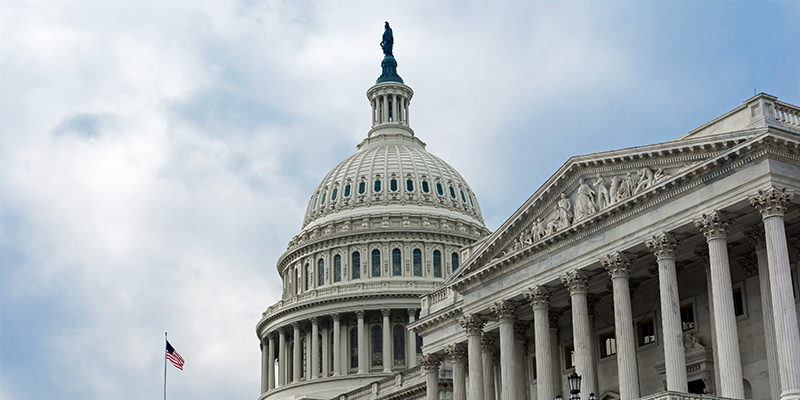Labor Day, the unofficial end of summer, has come and gone, and with that the end of the NFL’s preseason. The real contests – the ones that count, begin now. And as in football, the battles in Congress are about to get very real in September. This is particularly true when it comes to tax reform and whether a bill makes it to President Donald Trump’s desk this year.
The spring and summer were spent mulling new ideas and strategies, essentially holding tryouts to see which new additions might make the cut. Republicans tried out radically new looks in their Better Way proposal. Some made a good first impression, such as immediate expensing for capital investments. Others, such as the border adjustment tax (“BAT”), which would have raised the cost of imported goods, did not perform so well. BAT did not make the cut, and will not be on the roster this fall.
With BAT being the exception, most of what has transpired on tax reform has been merely preparatory. There have been a lot of promises and generalities about tax reform that would simplify the code, lower taxes and be pro-growth. Assurances that adequate transition periods would be provided to reduce negative impacts on industries have been given. But there has been no legislative language or committee action on a bill. No one in this Congress has had to take a tough vote on a tax reform bill.
The Trump administration has been anything but clear on their policy preferences, with its lead negotiators often publicly contradicting themselves. This has frozen many Republicans, who are looking to the president for direction. NAIOP has been out front in advocating for tax reform that supports the commercial real estate industry, but the lack of an actual tax bill or legislative movement has shielded many in Congress from taking a stand on many of our priorities. These include the continuation of Section 1031 like-kind exchanges, how “carried interests’ will be taxed, and whether interest payments on business debt will continue to be tax deductible.
But that was the preseason. The administration and the House Republicans have vowed to deliver a tax reform bill this year, and have met to resolve differences. Trump has begun pushing the issue with the public to pressure their representatives. The White House would like to make good on a major campaign promise in time for Christmas, and Republicans know that once 2018 begins, focus will turn to the midterm elections and legislating becomes even harder.
Congress and the administration have to bridge their differences on the major policy disagreements and begin roping in recalcitrant members to gain their support. Committees have to hold hearings, and draft legislation must make the rounds on Capitol Hill, giving the public an opportunity to start lobbying their representatives. They must advance the ball enough in September so that they can have October and November to pass a bill out of committee and win enough support to pass the House.
Doing those things will be difficult for a variety of reasons. First, the House has only 12 legislative days in September. In that time, they must:
- Raise the federal debt ceiling before the end of the month, or the U.S. will default on its obligations. Conservative House Republicans have often used this vote as leverage to push reforms or unrelated policy objectives, while Democrats have insisted on only a “clean” debt-limit increase;
- Fund hurricane damage relief for Houston in the aftermath of Hurricane Harvey (and possibly other areas for Hurricane Irma);
- Pass a stopgap spending measure by September 30 to keep the government operating, or risk another government shutdown. Like the debt-limit vote, this usually splits the Republican caucus, with some willing to shut down the government to achieve cost savings.
- Pass a budget resolution that contains provisions allowing for tax reform legislation. This is a procedural must, needed to allow the Senate to consider a tax bill under “budget reconciliation” rules. What this does is make the tax bill filibuster-proof, thereby avoiding the usual 60-vote minimum needed to pass a bill in the Senate and allowing a bill to pass with a simple majority. As House Majority Whip Kevin McCarthy said, “the budget is the beginning of tax reform because it allows us to go to reconciliation to start tax reform.”
None of these are easy, and all have to happen in September for tax reform legislation to have a chance this year. This is not a game – in fact it is very serious, because a tax bill will affect the economy and the lives of our citizens for a very long time. But the comparison is still an apt one. The preseason hype is over. It’s time for Congress and the administration to perform.














